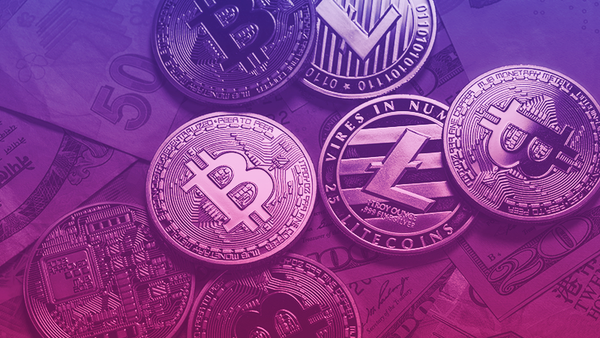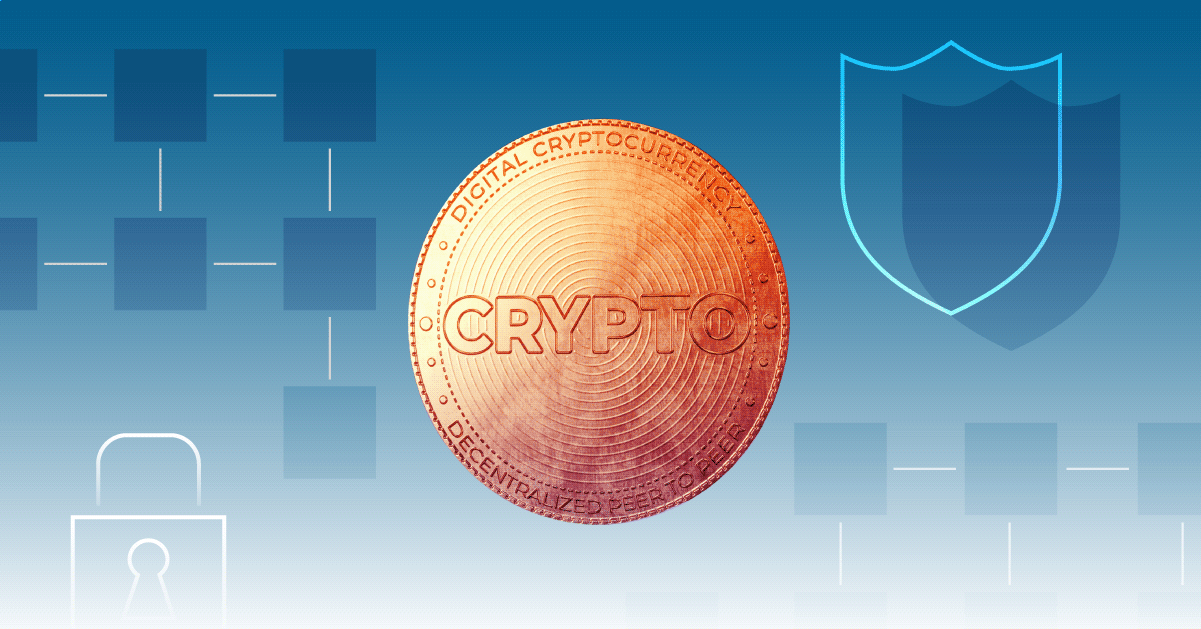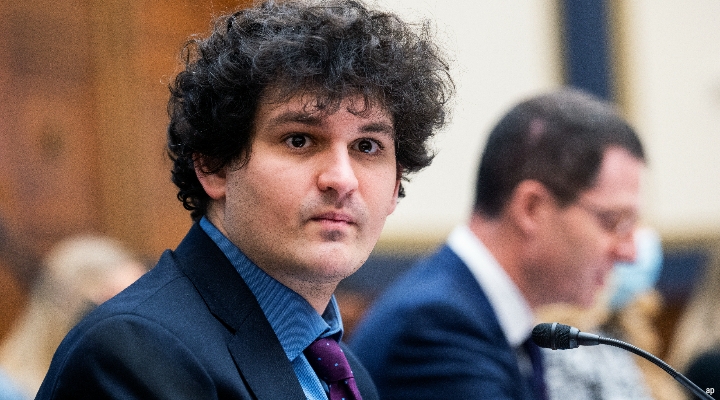
The ongoing cryptocurrency scandal revolving around the over-the-counter exchange JPEX is set to be the largest of its kind, involving assets amounting to HK$1.5 billion as of this writing. The alleged cryptocurrency fraud and money laundering scheme was once widely marketed, with at least 2,300 investors caught in its snare. While the investigation is still underway, local media reported that 12 people have been arrested in connection with this scam.
This case in Hong Kong among many other globally reminds investors that digital assets, including currencies and non-fungible tokens, warrant extreme caution. If you are considering investing in this volatile space, what should you do right now? Let’s start by understanding what the space actually is.
What Exactly are Virtual Assets, and Cryptocurrencies?
In April 2022, Morningstar classified products investing in areas like decentralized finance, stablecoins, currency assets, smart contracts platforms, and nonfungible tokens, or NFTs, as digital assets. Madeline Hume, senior research analyst at Morningstar, describes the space as such: “The [digital assets] category is still brand new, heavily concentrated, and highly volatile.”
“Cryptocurrency returns have no parallels to traditional risk factors across the stock and bond universes and the contours of the market’s returns in aggregate fly in the face of normal market dynamics,” Hume said, addressing the sometimes jaw dropping returns, and losses, in the space. Taking the most well-known cryptocurrency as an example, Bitcoin lost over half of its value throughout 2022. However, it has climbed more than 60% so far in 2023. Meanwhile a recent report says more than 95% of NFTs are worthless.
Before Buying Digital Assets Like Cryptocurrencies, Do the Homework
Virtual or digital assets remain a fragmented asset class. There are the three common methods through which investors can trade and hold them:
1) Physical Ownership
2) Futures-Based Cryptocurrency ETFs
3) Crypto-Adjacent Equity Funds
First, if you prefer holding the actual coins (figuratively), you will have to set up a digital wallet with a crypto exchange, wire your funds and transact there. As of today, Hong Kong’s watchdog Securities and Futures Commission lists two licensed virtual asset trading platforms in the territory: OSL Exchange, granted a license in Dec. 2020, and HashKey Exchange in Nov. 2022.
The watchdog’s Investor and Financial Education Council warns investors against trading on unregulated platforms. On these platforms, investors may not be protected at all. They trade with little transparency, and have less established operations. For example, the council says, many platforms may have disclaimers to discharge responsibility even if they lose investors’ virtual assets. The council writes: “If disputes arise between investors and the platforms, there may not be any channels to handle complaints and the SFC may not be able to offer any help. Should these platforms wind up or cease operations, or if there are incidences of fraud, breaches, or theft, investors may suffer a complete loss of virtual assets held in these platforms.”
Trading with platforms licensed or registered oversea poses other risks. Regulations vary across different jurisdictions – some adopt a light-touch approach, while others are stricter in protecting investors’ interest. Seeking assistance or legal remedies as disputes arise could be like fighting an uphill battle, says the Council.
Due to recent investor concerns, the SFC also stepped up information dissemination. Apart from listing the licensed and deemed licensed exchanges, the regulator will also publish the list of platforms that are winding down as well as in the process of applying for a license.
Investing in Cryptocurrency Futures Through ETFs
Authorized ETFs and funds investing in crypto futures are a regulated and accessible avenue to gain exposure to virtual assets. These vehicles can be traded on brokerages and banking platforms, similar to traditional equity and bond funds.
Investors in Hong Kong have access to three locally listed cryptocurrency futures ETFs, which were launched after the SFC opened the door to such funds in November 2022. Via a local broker, investors can also buy ETFs listed on the U.S. bourse. Neither of the two markets has approved products that directly hold cryptocurrencies.
The crypto ETF scene in Hong Kong only started late last year. CSOP Bitcoin Futures ETF (03066) has gathered US$ 15.6 million in assets.
The market in the U.S. has a larger scale. On average, U.S.-domiciled funds in the digital assets Morningstar Category gained 39.1% year to date. The largest fund in the category, Grayscale Bitcoin Trust (BTC) GBTC, returned 57.9% during the same period. On the other hand, the worst-performing fund is Grayscale Zcash Trust (ZEC) (ZCSH), losing 30.9%.
The third bucket is a thematic strategy that gains exposure to the development of digital assets using equity securities. They own companies benefiting from investing or trading in crypto markets or other related activities. These funds tend to concentrate in technology and financial stocks with crypto exposure.
Among 617 share classes of 120 thematic funds for sale in Hong Kong, we found two ETFs proxying blockchain technology development. The technology is described as a digital ledger used to record and confirm cryptocurrency trades. (03171) has US$ 10 million under management and has returned 20.5% so far this year.
The return profile of these funds may be influenced by cryptocurrency price movements, but investors should not anticipate that they will solely follow the spot price fluctuations. The performance of these funds is also influenced by factors such as company fundamentals, operations, and management of the equity holdings, all of which can impact share prices and consequently affect the fund's overall performance.
These Assets May Be High Reward, But They Come With High Risk
Even with public, SFC-authorized funds, investors should remain vigilant about what the products are actually about.
Mo'ath Almahasneh, an associate manager research analyst at Morningstar, says: “Funds in the digital assets category tend to move in the same direction as crypto markets, though at different velocities according to their specific structures and limitations.” Because of investment vehicle setup and fees, none of these funds will perform in lockstep with bitcoin or other cryptocurrencies, and differing approaches to crypto exposure cause a large dispersion in the construction and performance of digital asset funds.
While there is an absence of a spot crypto ETF or mutual fund, Almahasneh reminds investors to go a step further in their due diligence of crypto funds. “The crypto industry may still be emerging, but investors shouldn’t buy into the trend without first looking under the hood of prospective funds,” he adds.






:quality(80)/cloudfront-us-east-1.images.arcpublishing.com/morningstar/DSZYYKGIYFHBRCV5ODLKEA4PWU.jpg)





.png)



.jpg)





